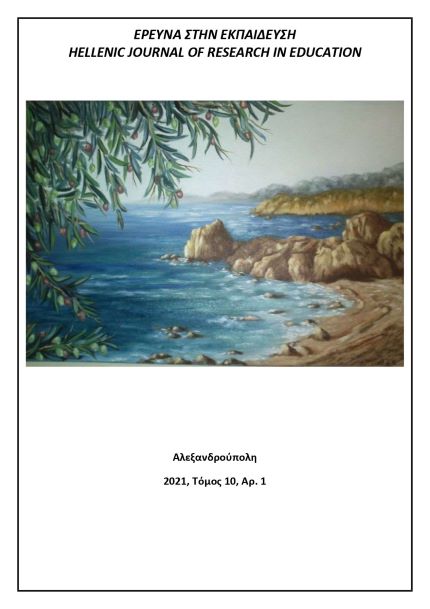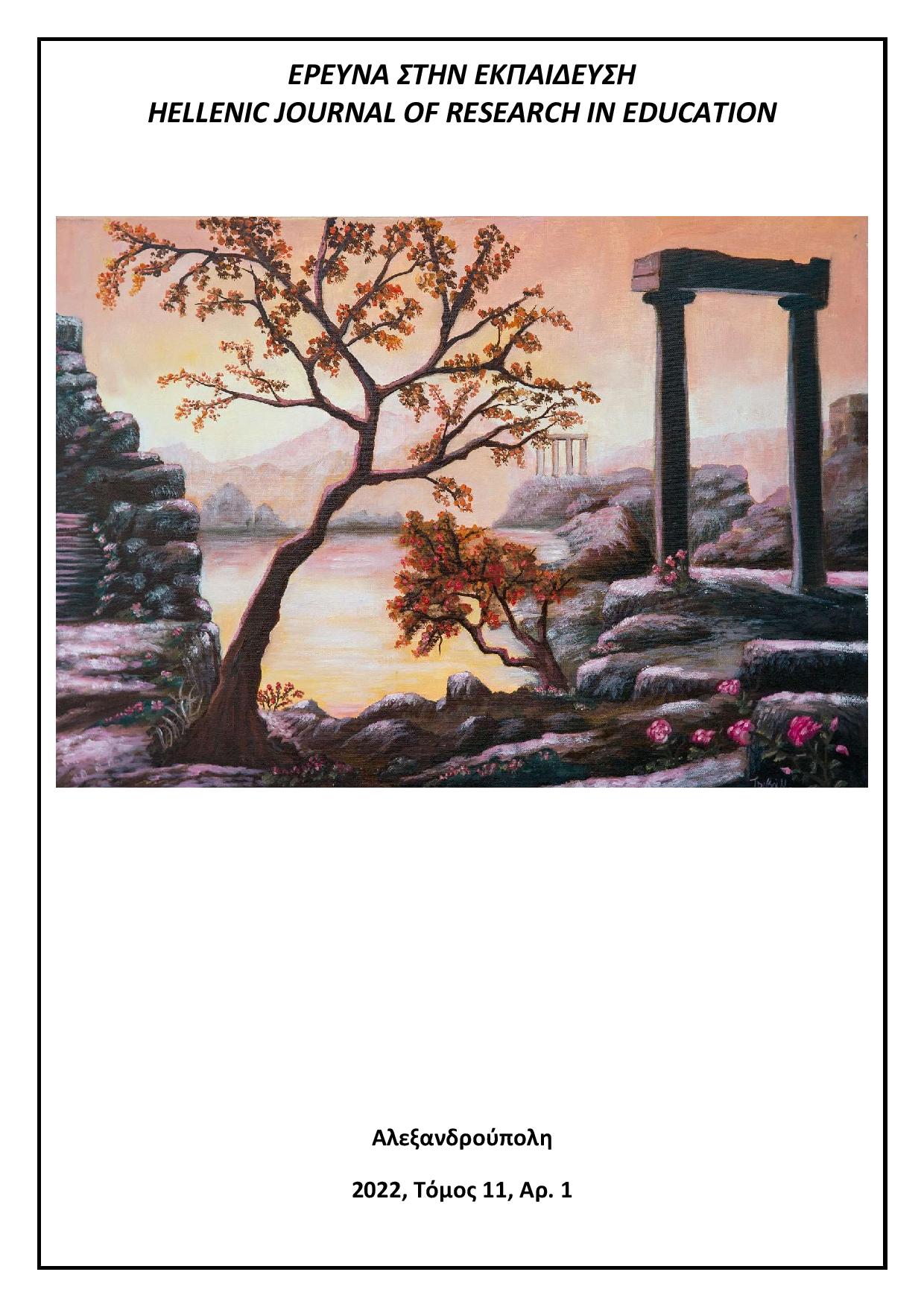Preschool teachers' definitions of self-reflection

Abstract
This article examines preschool teachers' definitions of self-reflection. According to the literature the effective teacher should have the ability to reflect on what is happening in the context of school. Self-reflection helps teachers understand the complex nature of teaching and classrooms. The purpose of this paper is to examine preschool teachers’ definitions of self- reflection through the use of a self- reflection diary. In the part of the design of the research tools and their analysis, the research of mixed methods was followed in order to ensure a more complete understanding of the issue under consideration. The research lasted four weeks and involved 47 preschool teachers serving in public kindergartens in Western Greece. Preschool teachers' definitions of self - reflection were derived using a weekly reflection diary. NVivo-8 quality analysis software and SPSS statistical package were used for data analysis.The results of the study showed that the use of a weekly self -reflection diary influences preschool teachers' perceptions of what reflection is. The definitions given by the participants as the weeks to complete the self - reflection diary go on, contain more and more elements of Dewey's scientific definition about self-reflection.
Article Details
- How to Cite
-
Κοκκόση Α., Πούλου Μ., Κουστουράκης Γ., & Χανιωτάκης Ν. (2021). Preschool teachers’ definitions of self-reflection. Hellenic Journal of Research in Education, 10(1), 79–96. https://doi.org/10.12681/hjre.26026
- Issue
- Vol. 10 No. 1 (2021)
- Section
- Articles

This work is licensed under a Creative Commons Attribution-NonCommercial-ShareAlike 4.0 International License.
Authors who publish with this journal agree to the following terms:
- Authors retain copyright and grant the journal right of first publication with the work simultaneously licensed under a CC-BY-NC-SA that allows others to share the work with an acknowledgement of the work's authorship and initial publication in this journal.
- Authors are able to enter into separate, additional contractual arrangements for the non-exclusive distribution of the journal's published version of the work (e.g. post it to an institutional repository or publish it in a book), with an acknowledgement of its initial publication in this journal.
- Authors are permitted and encouraged to post their work online (preferably in institutional repositories or on their website) prior to and during the submission process, as it can lead to productive exchanges, as well as earlier and greater citation of published work (See The Effect of Open Access).



